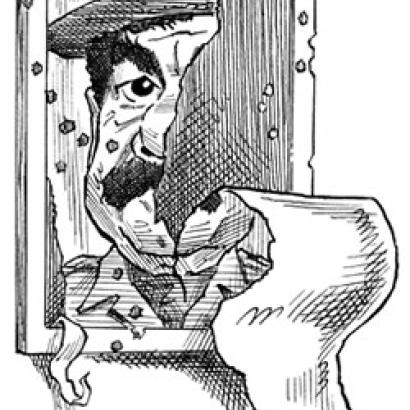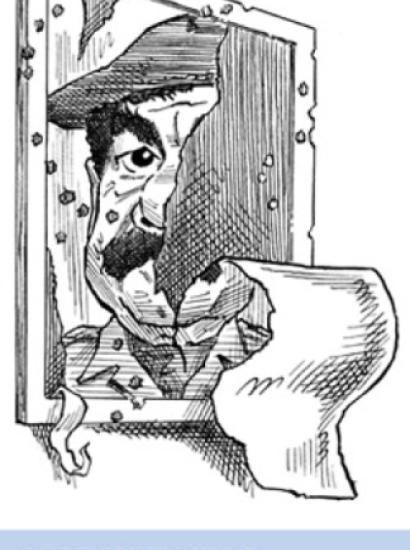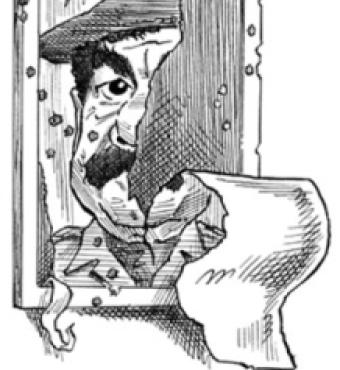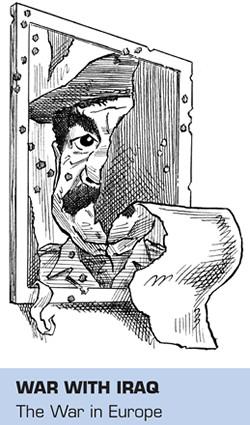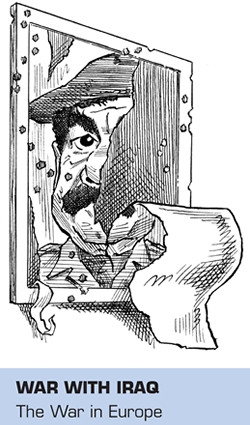
I arrived in London a week after the beginning of the Iraq war. The political mood could not have been more different than that back in the United States. By and large the British media were far more critical and skeptical of the war than their American counterparts. Although British opinion polls reported that support for the war turned positive once the war began, support was more about the troops and the nation than for the war itself. The big question I heard everywhere was, Why had the prime minister put himself at such great political risk—particularly given that it was not Blair but George Bush in control of the crisis agenda? Furthermore, there was a widespread perception that the case had not been made that Iraq posed a clear and present danger.
I interviewed members of the House of Commons from the three major parties (Labour, Conservative, and Liberal Democrats), as well as interest group leaders and journalists. Had the Iraq crisis, I wondered, fundamentally affected the state of British politics and especially Tony Blair’s incumbency as prime minister?
The political landscape was quite divided: The Conservative Party, the second largest in the House of Commons (166 of 660 seats), was strongly unified in favor of the war. The third leading party, the Liberal Democrats (53 seats), was strongly united in opposition to the war. And Blair’s Labour Party (412 seats) was badly split. Although a great majority of Labour members of parliament (MPs) personally opposed the war, the question of whether they would actually vote against their government and prime minister was at issue. When the vote was finally called on the eve of the war, a majority of Labour MPs joined with the Conservatives to produce a strong majority for the government. That said, more than 140 Labour MPs defied their party leadership and voted against the motion. Labour whips in the House of Commons had to work flat out for days to produce that majority—and they needed to use the prime minister’s personal threat to resign if he did not win the support of a majority of his Labour colleagues.
Was the size of the Labour rebellion politically significant even though the prime minister did win a majority? Certainly it was the largest rebellion that Blair had suffered since he took office in 1997. It combined a hard core of left-wing Labour MPs (about 40–50) who are permanently in a state of rebellion (though on most matters they reluctantly vote with their party) with roughly 100 additional Labour MPs who disagreed strongly with Blair’s Iraq policy but have otherwise been loyal. Their act of rebellion was especially significant in the British system because the stress on party discipline is so strong. As a rule, MPs vote with their party leadership on matters of designated importance about 99 percent of the time; the failure to do so is regarded as grounds for sanction and even expulsion from candidacy in subsequent elections. So rebellion on this matter is of great importance and demonstrates the strength of feeling. That said, however, some three dozen Labour MPs decided against rebelling at the last moment and in doing so produced a majority of Labour MPs who voted with the prime minister—his so-called minimum requirement for staying in office. It was clear from my conversations that even the most rebellious MPs (outside the hardcore left) did not actually want their actions to bring down their government by this vote at this time. But they were indeed angry that Blair had led them into the Iraq crisis and wanted to send a clear message to him that if the war went badly they might be willing to entertain the idea of challenging his leadership.
To understand the importance of the politicking around the decisive war motion in the House of Commons, it is necessary to take into account the broader view of Tony Blair’s leadership within the Labour Party. I learned from my interviews with Labour MPs who were on both sides of the Iraq issue that discontent with Blair’s leadership in general is very real—though not yet at anything close to a flash point. The problem for the prime minister is that his colleagues are increasingly unhappy with his “conservative policies,” which they complain are too imitative of the preceding 18 years of Conservative Party rule under Margaret Thatcher and John Major. Even before the Iraq issue surfaced they urgently wanted Tony Blair’s government to demonstrate a much greater commitment to what they describe as traditional Labour principles: activist control of the economy, including some re-nationalization of certain sectors such as transportation, and strong social welfare programs. The union movement in particular, which provides most of the party’s funding, is quite angry that “their” government has been no more favorable to union interests than the Conservatives before them. So Blair’s Iraq initiative, which they opposed, only adds to their impression that Blair’s leadership is “alien.”
Will the Iraq episode therefore yield a crisis in the Labour Party that will lead to significant political change? First of all, it is important to understand that even if Blair were forced or decided to resign because of Iraq or any other matter, the Labour Party would continue in office with a new party leader who would automatically become prime minister. Labour holds a majority in the House of Commons and does not need to call an election until June 2006. (British elections can occur as often as the prime minister decides but at least once every five years.)
However, the likelihood that Blair will actually be challenged is not as great as all the noise and heat surrounding the argument over Iraq. Although the Conservative Party has a solid history of removing its party leaders when things go poorly, as it did Mrs. Thatcher in 1990, the otherwise more divisive Labour Party has no tradition of ousting its leaders. And Tony Blair is not just some ordinary leader. He led them out of the political wilderness and into government. He has won two straight landslide election victories that decimated the Conservative opposition and from which it has shown no significant signs of recovery. Although his Labour colleagues gnash their teeth at his conservatism, they know that Blair’s political acumen has kept them in power and that it still shows every sign of keeping them in power for the foreseeable future.
So will Blair suffer any political cost from his Iraq policy? If there is a price to pay because he operated against the personal wishes of his colleagues and needed to twist so many arms to win their grudging majority support, it will be that Blair becomes less of a Teflon prime minister, less dominant than he has been during his remarkable six-year honeymoon. He will, in that case, start feeling the normal political aches and pains that most politicians feel after so long in office. On the other hand, because of the quick victory in Iraq, Blair may actually pull out a political win and add to his stature. This will be especially likely if weapons of mass destruction are discovered or other evidence is revealed that confirms the case that the prime minister made so forcefully and confidently for so many months.
However this plays out, I can report that every person I interviewed in London—regardless of political affiliation—believes that Tony Blair will lead Labour to another big win at the next election.








